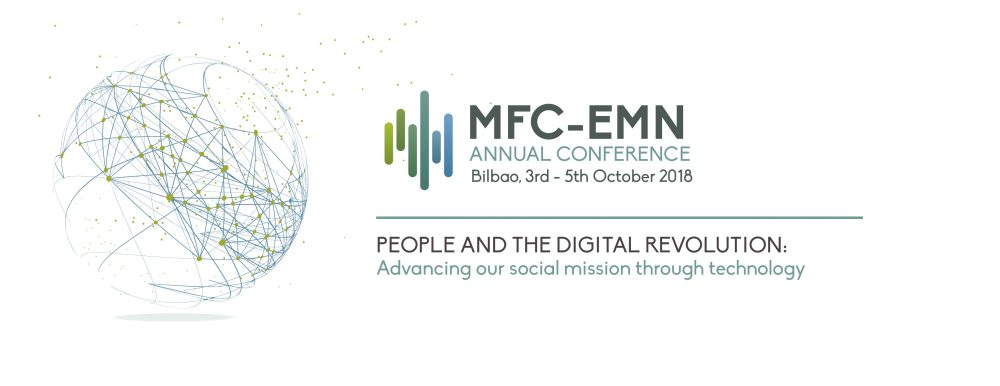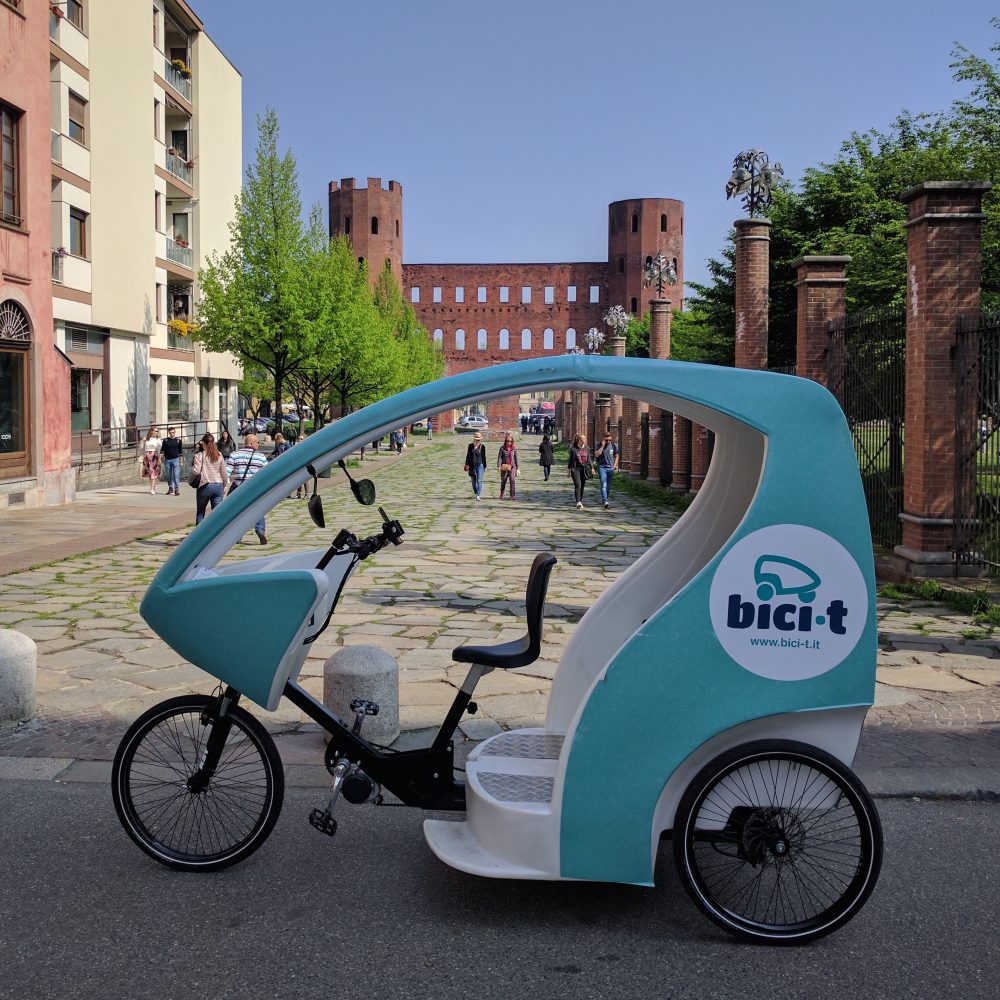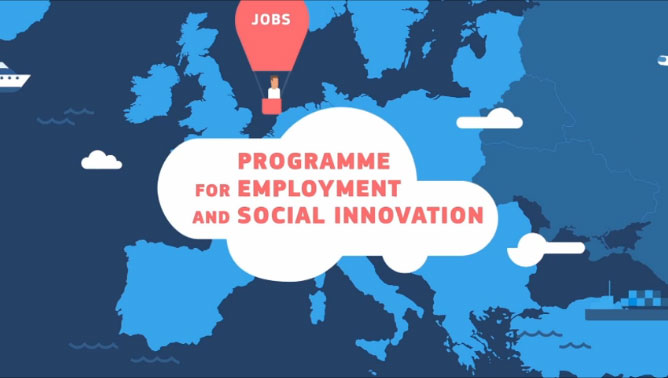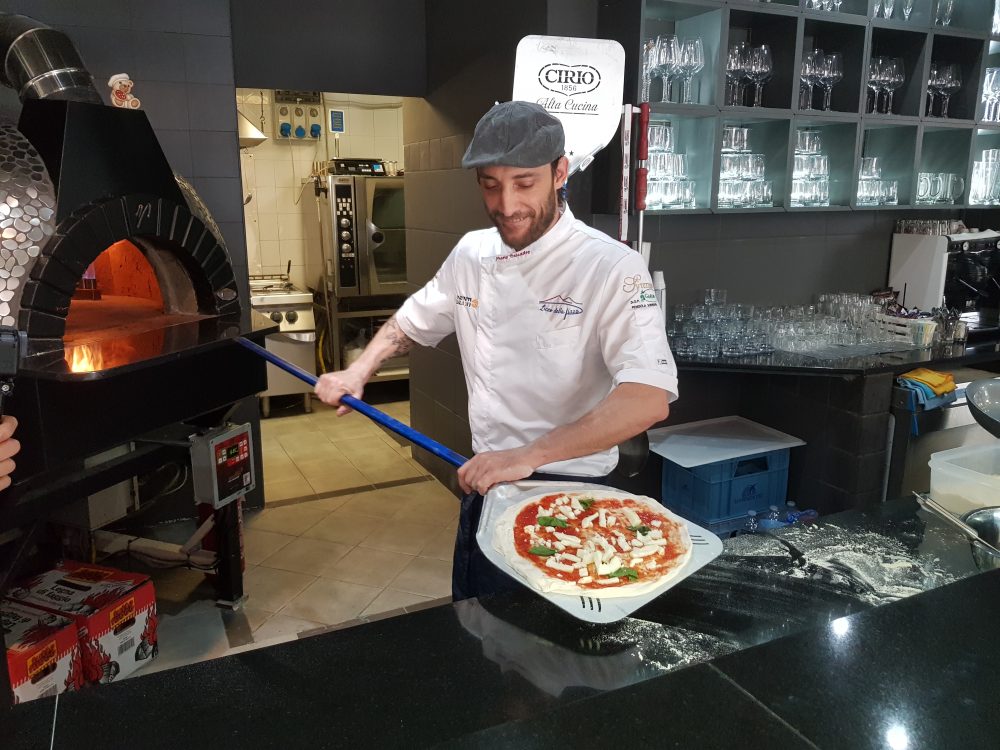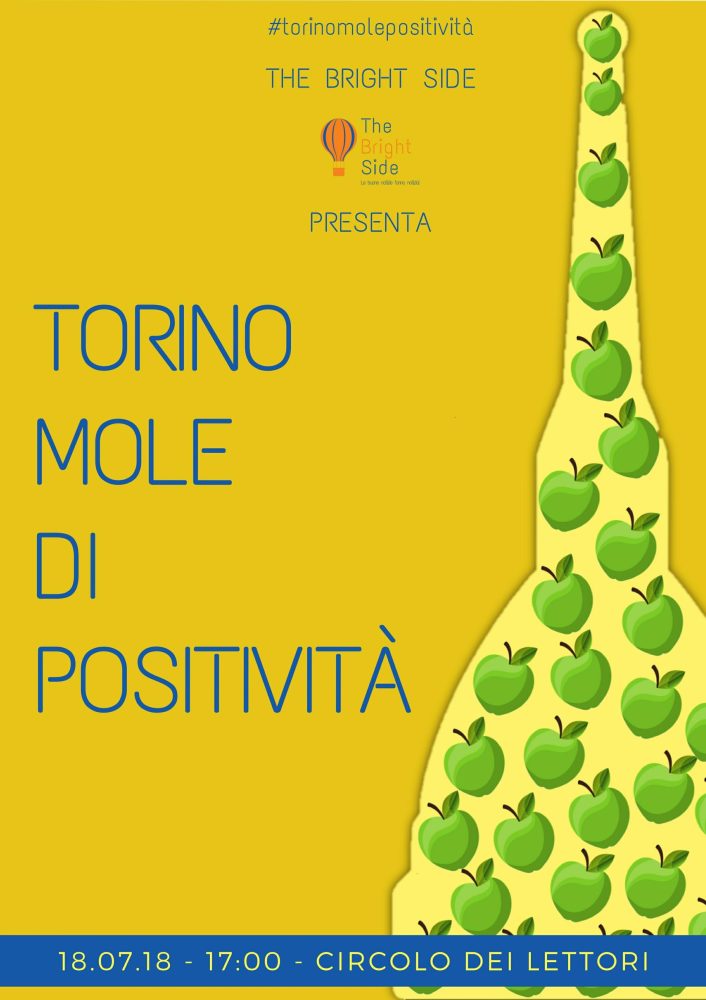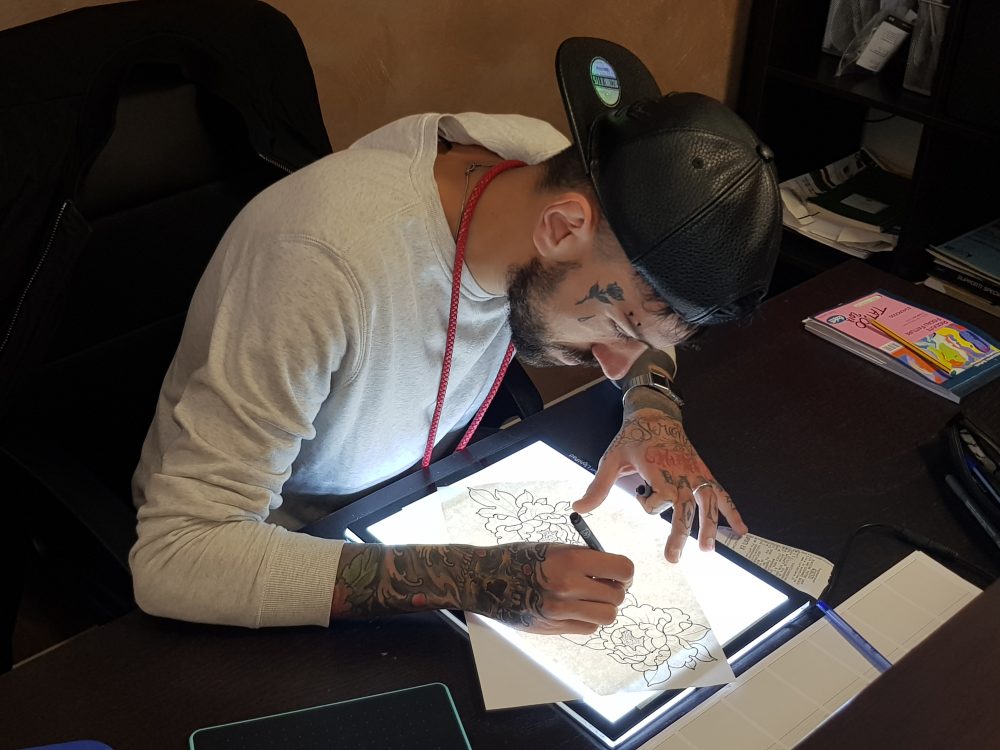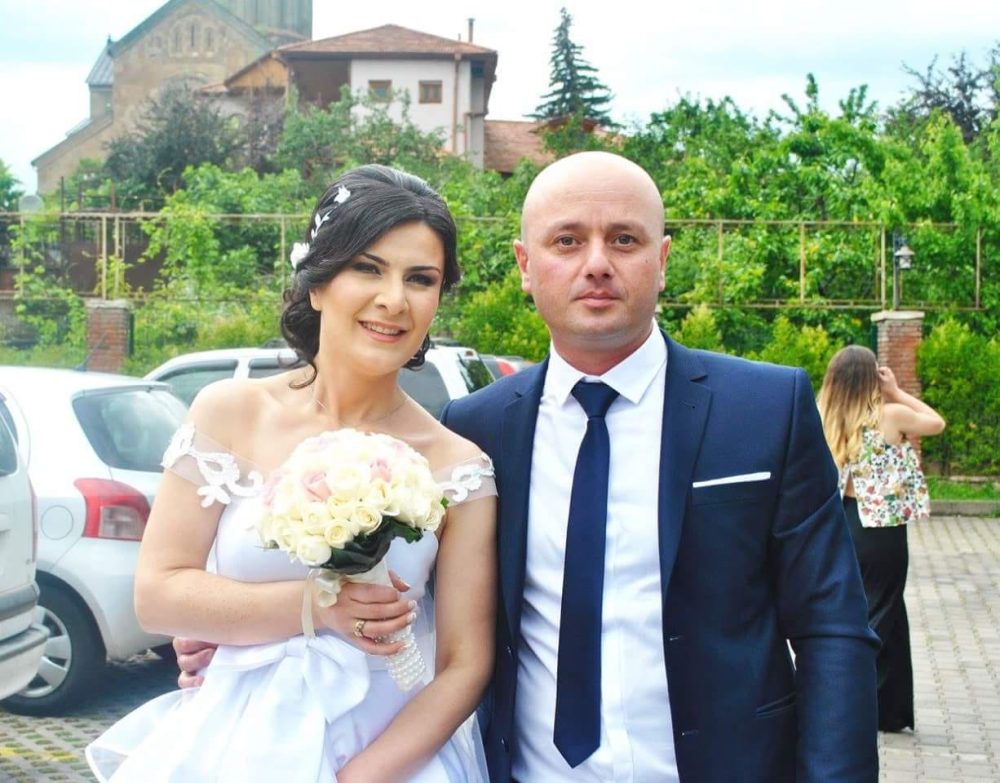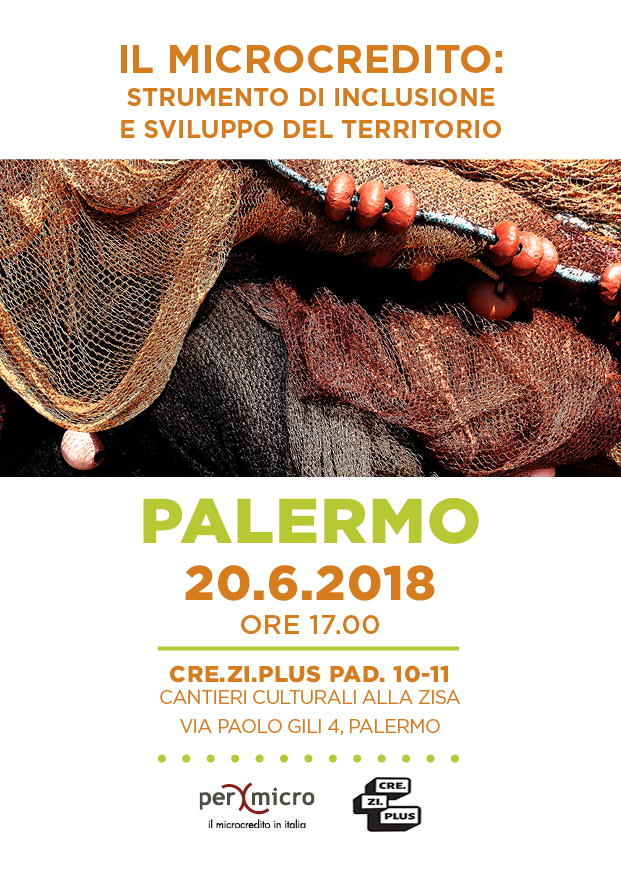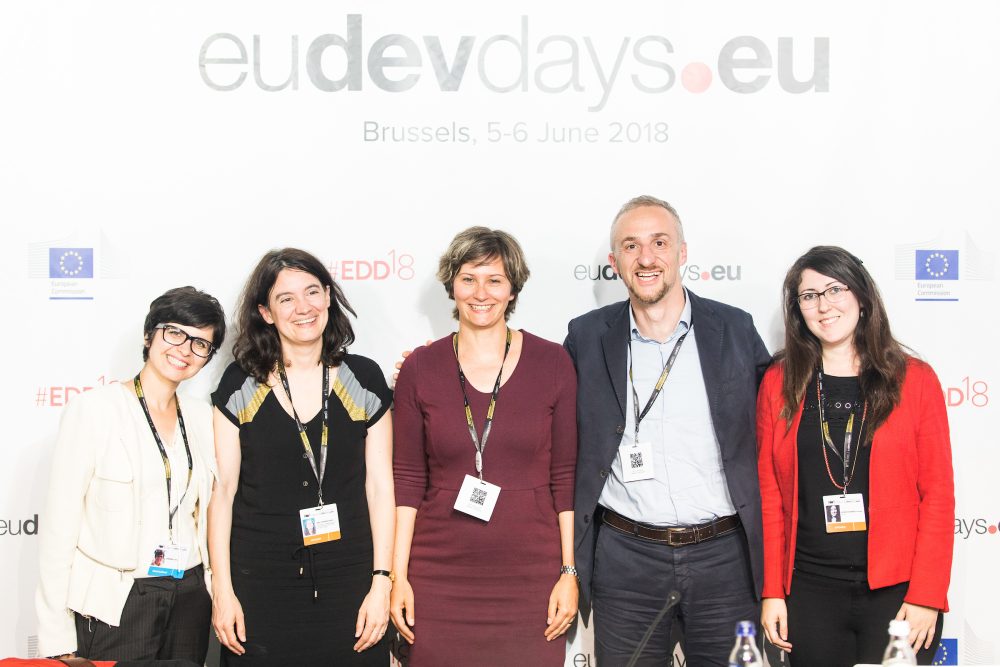Digital revolution alla conferenza di MFC e EMN
People and the Digital Revolution: Advancing Our Social Mission through Technology Il Microfinance Center
Bici-t: turismo sostenibile a colpi di pedali
Bici-t è un servizio di turismo sostenibile per visitare Torino e dintorni a bordo di tricicli a pedali:
EaSI Programme: EIF and PerMicro signed the 2nd Guarantee Fund Agreement
The European Investment Fund (EIF) and PerMicro have signed the second Guarantee Fund Agreement under
Pizzeria “I Belcastro”: la microimpresa di Mario a Roma
Mario ha 33 anni e ha maturato un’esperienza pluriennale da pizzaiolo sia nella struttura di famiglia ovvero
Comunicato stampa: evento “Torino, una Mole di Positività”
The Bright Side – Il Lato Positivo dell’informazione si presenta ufficialmente alla città di Torino
BlackInk Tattoo: la microimpresa di Marco a Cuneo
Marco ha 28 anni, è diplomato in arti grafiche e ha lavorato per più di tre anni
Balon Mundial 2018: Colombia e Perù i vincitori di questa edizione
Anche quest’anno abbiamo sponsorizzato Balon Mundial 2018: la più nota Coppa del Mondo delle Comunità Migranti a Torino.
La storia di Madlena: dalla Georgia a Empoli
Nel 2006 Madlena si è trasferita dalla Georgia in Italia: a 22 anni stava lasciando la propria famiglia e
Il microcredito: strumento di inclusione e sviluppo
PerMicro approda a Palermo invitandovi tutti all’evento “Il microcredito: strumento di inclusione e sviluppo del
Investing in migrant women: PerMicro at the EDD2018
PerMicro was invited as a speaker during the European Development Days, taking place in Bruxelles

